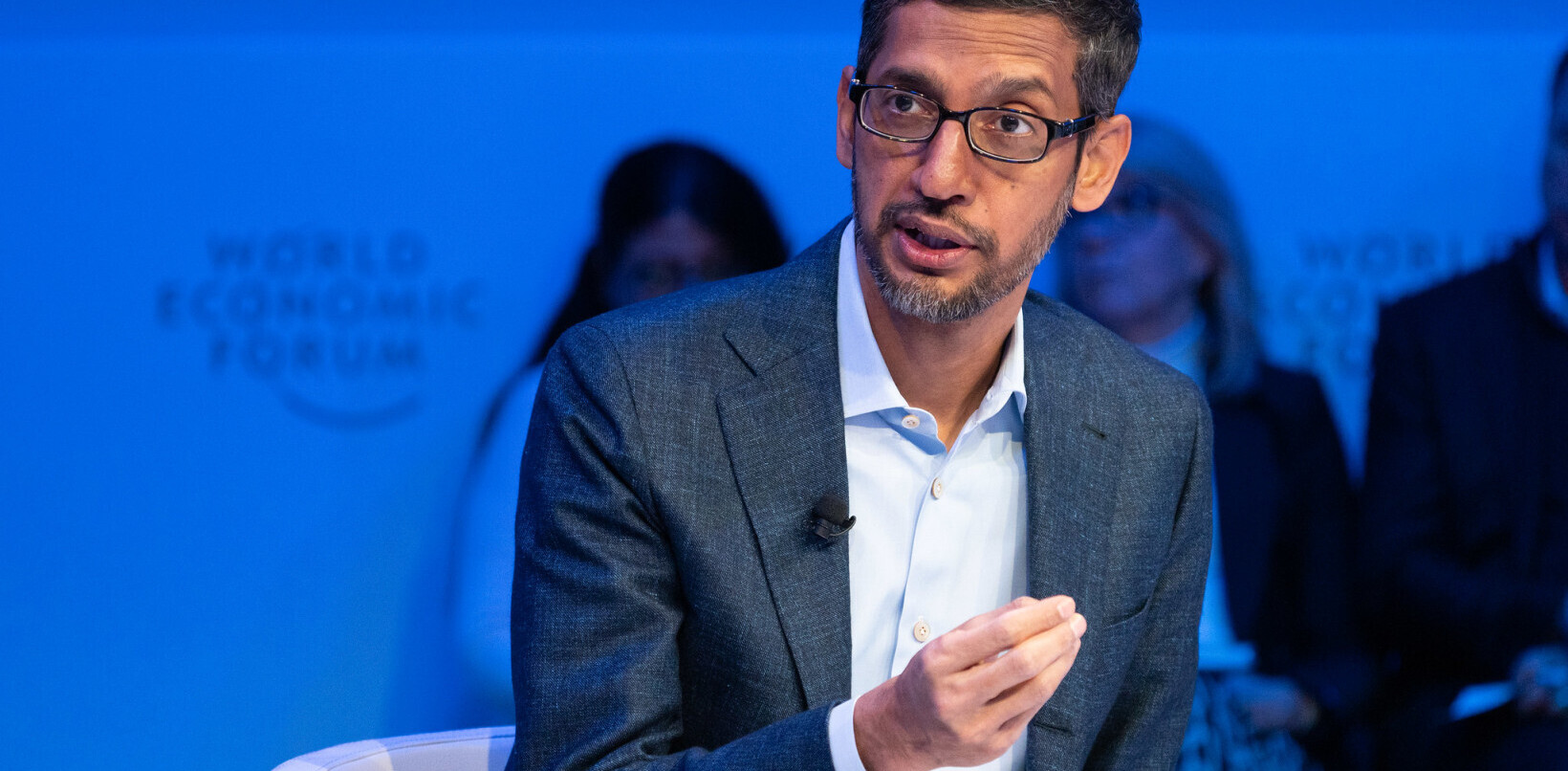
While many critics have been quick to write off Google+ as a failed social experiment by what has been and inevitably always will be a search company, Google itself continues to deepen the integration of its varied products into the platform without paying these critics much heed.
Operating on the same ‘release and iterate’ strategy that drove products such as Android and Chrome to become market leaders after initially underwhelming, Google knows that its social ecosystem may only be one killer application away from mass adoption.
A Google currency that powers micropayments may just be the killer app, as such an offering could revolutionize the Internet by democratizing online commerce.
Why is now the right time for a revolution in commerce?
Though Google, Paypal, Facebook, Amazon and Apple have invested heavily in their efforts to become the trusted party users rely on to manage their transactions, online commerce has not ceased to be awkward and time-consuming.
Furthermore, the dependence on the traditional financial sector to back up transactions curbs much potential online trade: the need to have a bank account and credit card means that commerce is limited to individuals in the few countries where both are accessible and ubiquitous. In addition the high transaction fees demanded by financial institutions make only larger payments economically feasible.
As long as online commerce continues to look and act exactly like offline commerce then the space continues to be ripe for disruption by those capable of taking advantage of the newfound economies of scale where pennies quickly accumulate into millions.
Given its reach on the internet as well as its already existing infrastructure Google is particularly well-placed to be this disruptive force. If Google can create a currency in which wealth can be generated and spent online without the immediate involvement of banks, the company can essentially overstep the traditional financial infrastructure and empower millions to become online buyers and sellers by finding new ways to create and pay for value. With its own currency, in other words, the Internet can become a place of commerce for the hundreds of millions of people throughout the world whose access to information has come faster than their access to the other traditional instruments of capitalism.
How Google could use this currency
Here are some examples of how Google could take advantage of a micropayment-enabled currency to bolster its own product offering and enrich the internet as a whole:
YouTube: YouTube partners wanting to monetize their content are essentially limited to what funds are generated from the ads that are super-imposed on their content. In this model the content producer’s revenue is determined not by how much the users like the content (though more views generally equals more profit) but instead by how well that content serves to generate clicks and hence deliver value for advertisers.
If, however, users could choose to donate micropayments based on the content they like then the producers of that content would earn an income more reflective of the audience’s appreciation of their work. Offering additional content through low-cost subscriptions would allow producers to develop a level of predictability to their income generation and thus work towards creating legitimate and healthy media companies. Instead of aspiring that their online success will act as a springboard to the promised land of traditional media, online content producers could then join the ranks of consumer application developers whose ability to garner an audience can transform them into overnight millionaires.
Advertising: Both direct-response and branded online advertising derive value from trying to match potential clients with their interests based on data generated from the user’s browser history, demographic information and location. If instead of guessing who you are and what you like publishers were able to offer credits in exchange for your data then the entire information exchange between users, publishers and advertisers would become transparent and consensual, thus eliminating the creepy factor. More exact demographic data would reduce the budgets advertisers waste as well as increase publishers’ margins by offering users an incentive to expose their likes and intentions.
In addition, Google’s ability to allow people to start advertising in AdWords by paying for their initial campaigns with Google credits would help extend the reach of their signature money-making program, fattening the long tail by turning everyday users into advertisers.
Games: Google+ is already hosting games while Zynga and Facebook have demonstrated how profitable transactions within these games can be. Enabling people to earn wealth in a game and then spend it on other properties is a win-win for Google, developers and users.
API: Opening Google’s currency to other partners would not only solidify the company’s status as a fundamental component of the internet’s infrastructure but also open the floodgates to new business models.
For example, allowing users to pay small amounts for content they enjoy could help publishers with legacy print infrastructure to transition to low-cost online models by opening new revenue streams and reducing their dependence on the volatile advertising market.
Imagine a newspaper where your $5 monthly subscription can be distributed as you see fit to the articles that you like the most. The newspaper’s editors could then focus on providing the content that the audience wants while also allowing users to show their support for niche content by putting their money where their proverbial mouth is and paying accordingly.
Crowdsourcing: Kiva and Kickstarter have already demonstrated how powerful micro-credits can be in spurring entrepreneurship. By connecting potential supply with potential demand in an easy-to-use online fashion, Google can help validate and grow the crowdsourcing model which is an increasingly essential component of the open internet Google aspires to promote.
Google already has much of the infrastructure to make this proposed currency work. Google AdSense allows individuals to receive payments almost immediately while AdWords, Google Wallet and Google Checkout permit people to transact in the ecosystem. These products also provide Google with the know-how to track and eliminate fraud, an inevitable consequence of a new and open payment model.
It goes without saying that a currency of this nature would be profitable: either by taking a revenue share or skimming off a micro-percentage of all transactions, Google could easily turn its currency into its next billion dollar business.
Even thinking beyond the immediate monetization opportunity Google would benefit from a new de-nationalized currency because its core business is entirely correlated to the growth of the internet as a tool for commerce and communication. The democratizing effect brought about by hundreds of millions of people being able to execute transactions without depending entirely on the banking system would be felt around the world.
Though many risks would have to be mitigated and abated to make such a currency a reality, Google has shown in everything from mapping the world to digitizing books to self-driving cars that its ambition cannot be contained by the uninspired realists who fail to differentiate between speed bumps and dead ends. The developed world knows well the benefits online commerce can bring to inspiring disruptive innovation: an opportunity exists for Google to deliver those same benefits to the rest of the world and ultimately make the world an even more flat place.
Catch the latest Google news right now at TNW Google.
Get the TNW newsletter
Get the most important tech news in your inbox each week.





